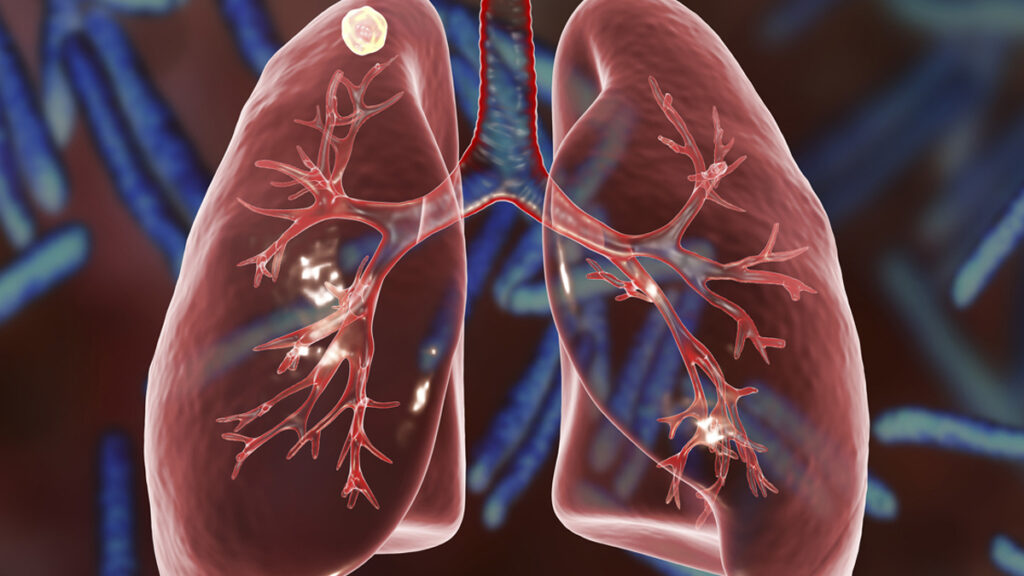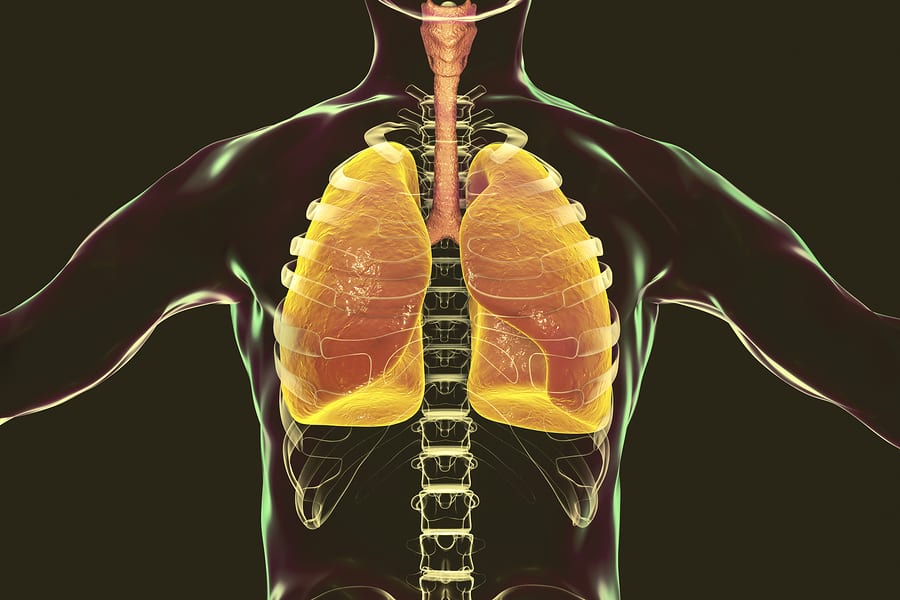Mesothelioma Causes, Treatment, and Legal Steps

Mesothelioma is a malignant disease that can be fatal. It is a type of cancer formed in the protective membrane covering your vital organs like the heart, lungs, abdominal cavity, and pelvic region. Its major triggering factor is asbestos, i.e., a naturally occurring fiber, widely used in the early 1940s to 1970s until its usage was restricted. However, it is still being used in some parts of the world. Since mesothelioma symptoms take a long time to show up, its diagnosis and treatment are, in most cases, always delayed. With effective and well-timed curative measures, a mesothelioma patient’s life can be extended. Furthermore, several medical websites allow mesothelioma patients to get an online doctor’s consultation and understand the treatment options.
1. Types of Mesothelioma

The types of mesothelioma differ according to the site of its proliferation. Asbestos fibers get stuck in the pericardium of the organs and cause the formation of cancerous cells. Mesothelioma mainly has four types, briefly described below.
-
Pleural Mesothelioma
It makes up about 75- 80% of mesothelioma incidents and develops in the outer lining of the lungs. When asbestos particles are breathed in, they reach the lungs and cause symptoms like chest pain, respiratory issues, and pneumonia. Pleural cancer is the most common and deadliest type of mesothelioma. You can read more online to get more information about it and protect yourself.
-
Peritoneal Mesothelioma
When asbestos fibers are swallowed, their location of action becomes the tissues surrounding the abdomen. This type accounts for 15-20% of mesothelioma cases. Its manifestations include abdominal pain, swelling, and nausea. Peritoneal mesothelioma contains the highest survival rates, with 65% of its patients surviving if they receive effective treatment.
-
Pericardial Mesothelioma
The cancer of the heart membrane is called pericardial mesothelioma. It roughly adds up to 1% of mesothelioma patients and is considered rare. The symptoms for this type involve dyspnea, heart palpitations, fever, and fatigue.
-
Testicular Mesothelioma
It occurring in the testicular lining is extremely rare and accounts for less than 1% of cases. The symptoms of this cancer are a pain in the testes, spermatocele, inflammation, and swelling in the scrotum. It is mostly diagnosed during surgery or operations.
2. Causes of Mesothelioma

The proven causative agent of mesothelioma is asbestos exposure. Furthermore, other minerals like erionite, prolonged radiations, and SV40 viruses are said to be the carcinogen elements for mesothelioma. Here are some situations that can lead to asbestos exposure.
-
Occupational Exposure
People who work in asbestos areas like construction or mining sites are most prone to get this cancer. The occupations that put you most at the risk of mesothelioma include miners, laborers, textile mill workers, electricians, firefighters, and veterans who served in US armed forces.
-
Environmental Exposure
When products containing asbestos are used without protection, they produce airborne asbestos particles. When inhaled or engulfed, these components put you at the risk of generating cancer. Other than that, residential areas that are closer to mines often have mining dust in the air and are widely known to cause mesothelioma in the people of that locality.
-
Secondhand Exposure
The family members of asbestos industry workers also become susceptible to acquiring mesothelioma. Asbestos fibers get transmitted through their hairs, garments, or accessories to the people who come in contact with them daily, causing them to develop cancer.
3. Diagnosis of Mesothelioma

A number of tests and methods can diagnose mesothelioma. Timely detection can help get better treatment to improve life expectancy. The first step in determining mesothelioma is the examination of symptoms followed by imaging scans like CT scans, MRI scans, PET (Position Emission Tomography), and X-ray scans.
4. Treatment Of Mesothelioma

The treatment options for mesothelioma vary according to the patient and the stage of cancer. No definite cure for mesothelioma has yet been discovered, but conventional approaches like surgery, radiation therapy, chemotherapy, immunotherapy, and others are adapted to deal with the disease.
-
Surgery
Surgery involves the excision of the cancerous part of the body. There are several types of surgeries for mesothelioma. These include Pleurectomy (removal of mesothelioma membrane), Extrapleural Pneumonectomy (removal of one lung or part of It), and other similar procedures.
-
Radiation Therapy
High energy X-rays and other radiations are passed through the affected area to inhibit the proliferation of cancer cells. Radiation therapy is given through internal or external routes by injections or radiation machines.
-
Chemotherapy
Chemotherapy utilizes the usage of drugs and chemicals to destroy or limit the tumor cells in the body. It is registered through oral, intravenous, or intramuscular routes to reach the affected organs directly or indirectly.
-
Immunotherapy
In this treatment, drugs or medicines are given to the patient that strengthen their immune system to fight cancer more effectively and rapidly. As approved by the FDA, the drugs used in this regard are nivolumab (Opdivo) and Ipilimumab (Yervoy).
-
Tumor Treating Fields
Tumor Treating Fields uses the synergistic effect of chemotherapy and electric frequencies to shunt or slow down the growth of oncogenic cells.
5. Legal Steps Taken For Mesothelioma

If you or someone you know has been diagnosed with mesothelioma and has had a history of asbestos exposure, a mesothelioma lawsuit can be filed against the responsible party. This compensation is monetary and can be demanded for physical, emotional, and financial damages either by the patient or their family. You can take the following steps to take legal action for asbestos-related mesothelioma.
-
Hire An Experienced Lawyer
Your lawyer will determine the appropriate lawsuit option for you, choosing from among personal injury claims, wrongful death claims, or trust fund claims. They will also collect all essential proofs like your medical report, proof of your employment in case of occupational exposure, and documents that trace back to the source of your exposure.
-
File A Claim
After that, a lawsuit will be filed against the responsible party. Your attorney will file the case on your behalf and continue other legal procedures.
-
Response
You can either have a settlement or trial depending on the response of the defendant. If they refuse, the case will then go to trial. Most often, the issue is resolved with a settlement between both parties.
Fighting with mesothelioma can be hard. But knowing causes, symptoms, and treatments can bring a little convenience in this devastating condition. You should always be aware of your legal rights and the steps you can take to handle your situation better.




